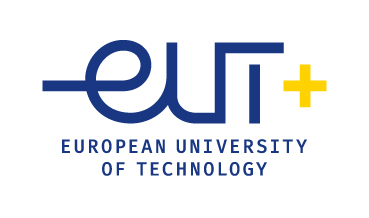Document Type
Article
Disciplines
5.3 EDUCATIONAL SCIENCES
Abstract
The IPCC’s 6th Assessment report reasserts overwhelming evidence that global warming is primarily due to anthropogenic activities causing imbalances in the carbon cycle. Our economic reliance on fossil fuels for industrialisation, urbanisation and farming exerts pressure on the Earth system. Population growth, affluence and technology represent significant sources of environmental pressure. Rapidly dispersed anthropogenic deposits constitute an alarming cause of modification of the Earth's crust, which has already become overwhelmingly dominant over nonhuman ecological processes. The current trajectory of socio-ecological interaction risks irreversible changes to the Earth system, where positive feedback may propel our life-supporting ecosystems beyond tipping points. The disappearing Greenland ice sheet, the clearing of the Amazon for farming, coral bleaching, the slowing of Atlantic thermohaline circulation and the melting of the Yedoma permafrost are highlighted as early warning signs. Despite the continuance of environmental and humanitarian problems, there are opportunities for creative remedies to emerge in concert with our increased understanding of these problems. In this context, education is uniquely positioned to promote, envision, and lead change in the direction of the United Nations 2030 Agenda and the identified Sustainable Development Goals (SDGs). This paper critically examines the need for high-quality learning and teaching to support an effective Education for Sustainable Development provision. In particular, we seek to understand the importance of higher education in driving meaningful change, reflecting on Ireland's economic and educational model for fostering sustainability as a useful case-study.
DOI
https://doi.org/10.21427/1prb-kz21
Recommended Citation
Kamphambale, D., Morales, L., MacMahon, C., Coezer, J. (2022). Understanding economic sustainability through the lens of education insights from higher education in Ireland. In Re-imagining higher education through equity, inclusion and sustainability (RISE). Proceedings of the 2nd. EUt+ International Conference on Equality, Diversity and Inclusion, Technical University of Sofia, Sozopol, Bulgaria, 1-3 September. doi:10.21427/1prb-kz21
Creative Commons License

This work is licensed under a Creative Commons Attribution-NonCommercial-Share Alike 4.0 International License.



Publication Details
In Re-imagining higher education through equity, inclusion and sustainability (RISE). Proceedings of the 2nd. EUt+ International Conference on Equality, Diversity and Inclusion, Technical University of Sofia, Sozopol, Bulgaria, 1-3 September.
doi: 10.21427/pqq1-1q52